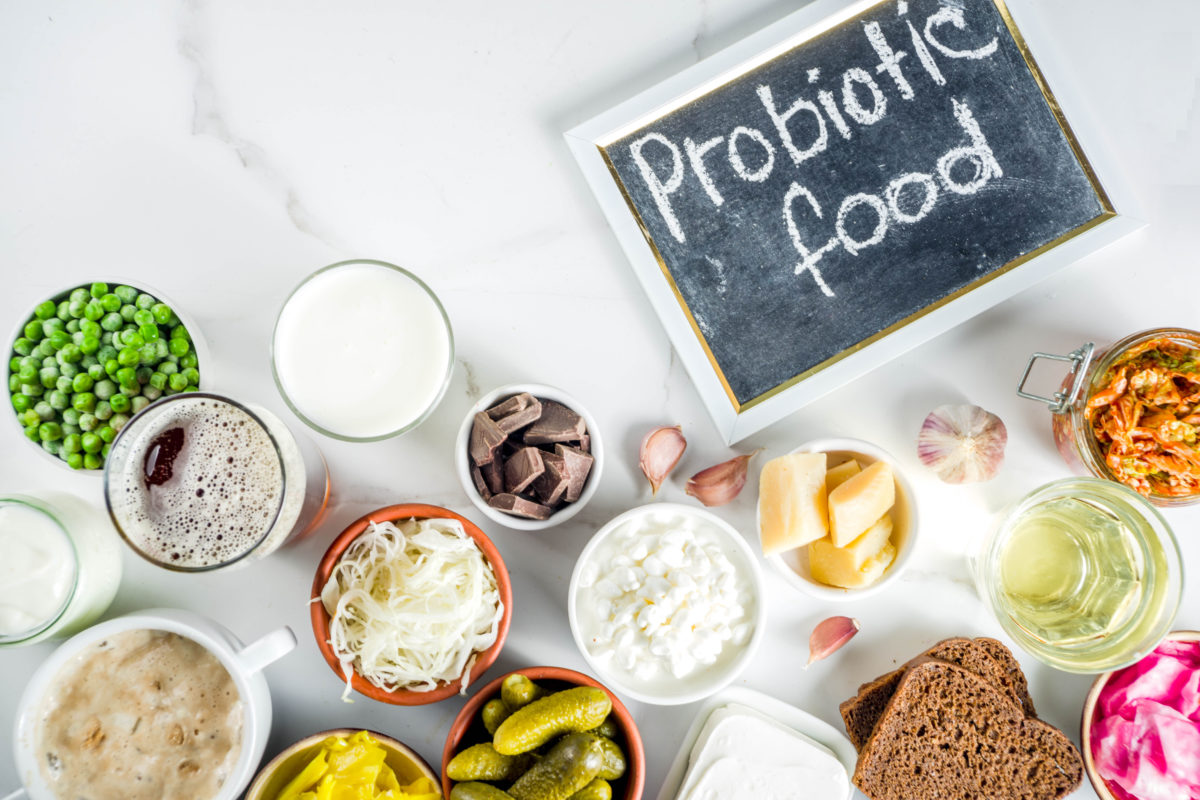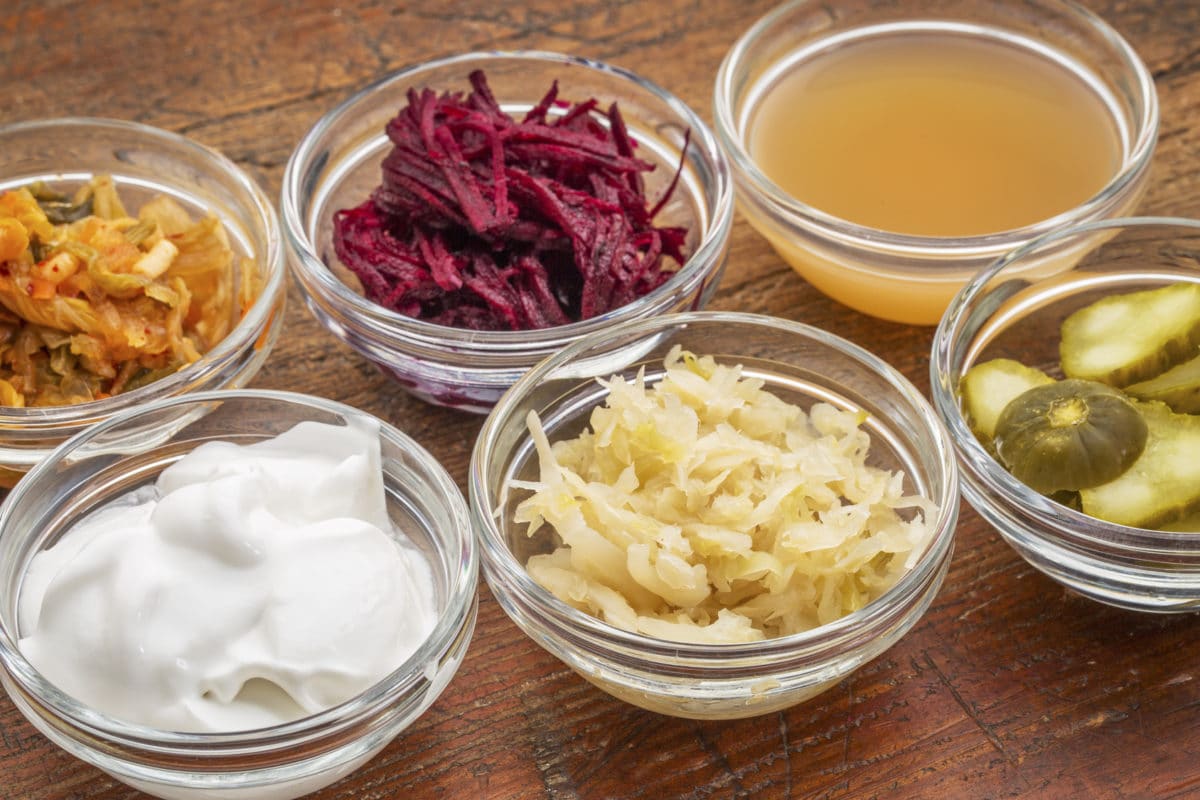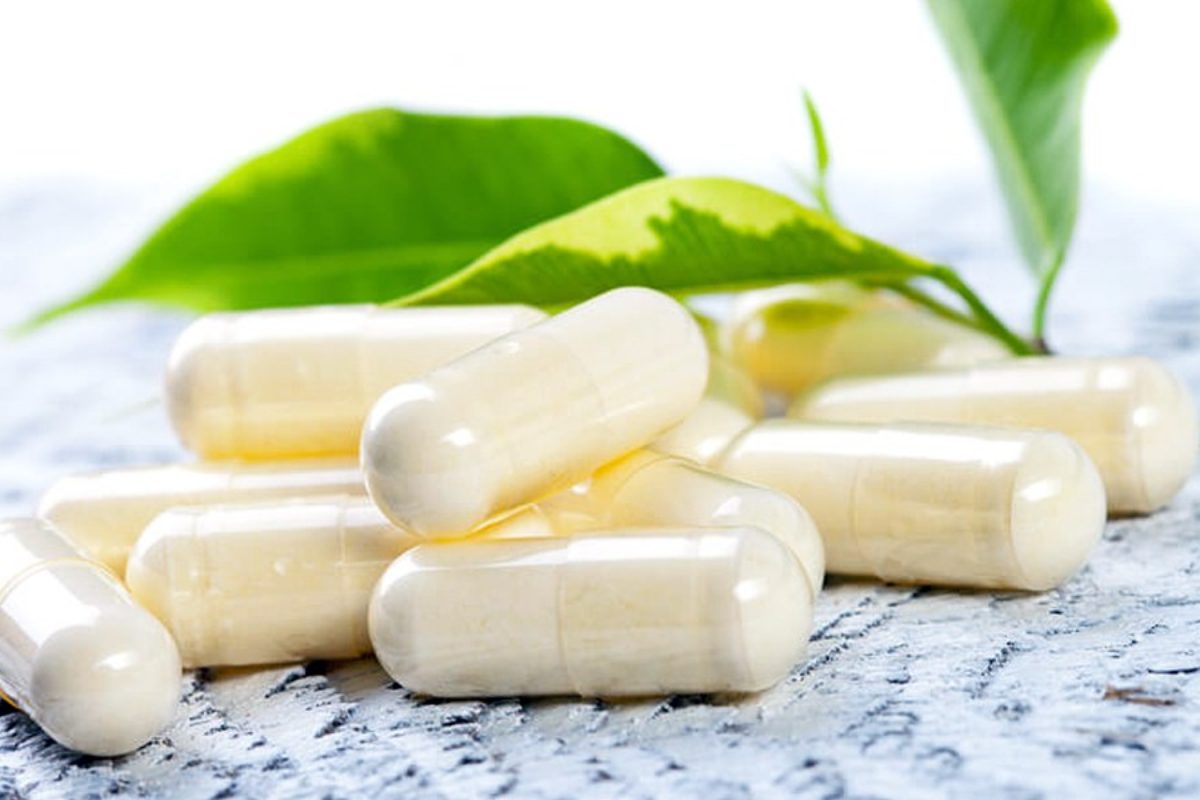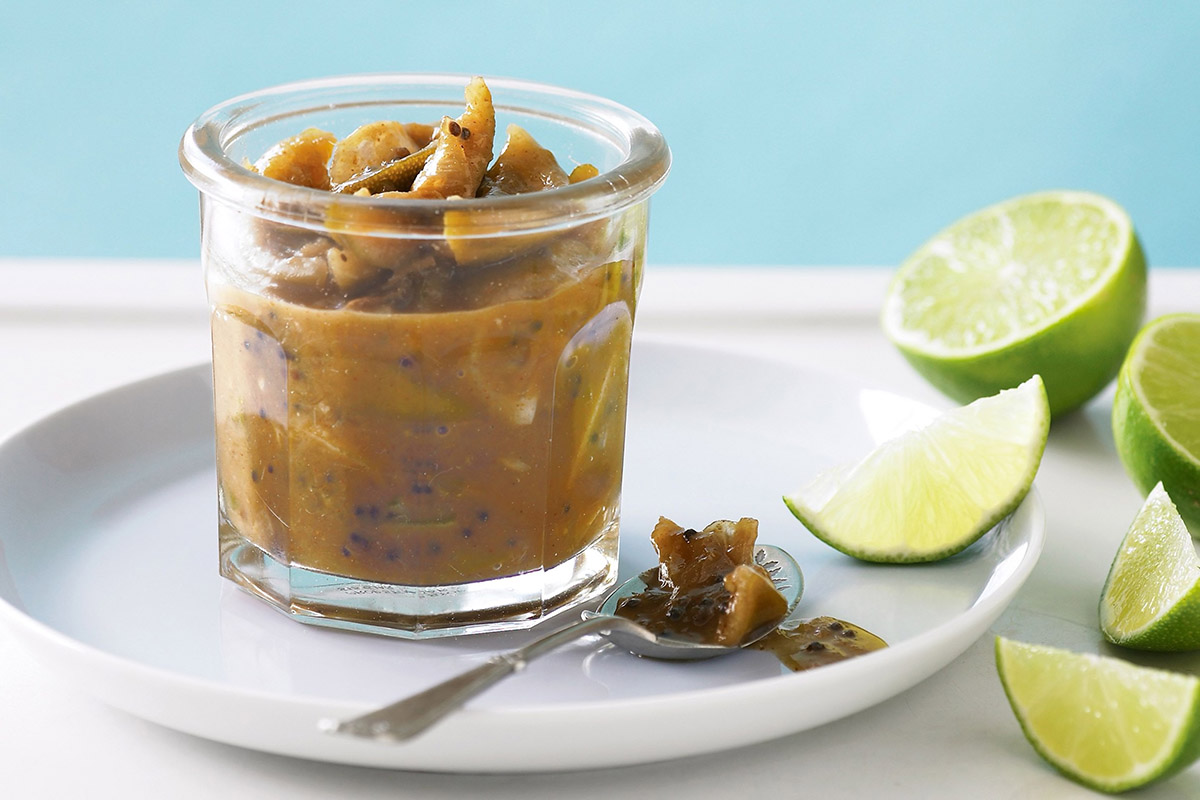
Fermented Foods VS Probiotics
Fermented foods and beverages, such as pickled chilli, vinegar soaked radish, sauerkraut, acharr, kimchi and kombucha were a regular part of our ancestors’ diets for thousands of years.
Originally a method of preserving produce from harvest time, pickling or fermenting a food involves adding vinegar, water, salt and sugar to allow the starches and sugars in the food to convert to alcohol or acids, lengthening the food’s shelf life and producing the unique and tangy flavours we associate with fermented foods.

Spicy lime pickle, or other pickled vegetables are a common feature in an Indian meal, but recently these foods have seen a resurgence in popularity – not for their shelf lives but for their claimed digestive health benefits. So we ask, do fermented foods replace the need for a probiotic?
As probiotics have also risen in popularity for similar reasons, let us explore how fermented foods stack up against a high quality probiotic.
It All Begins In The Gut
Our interest in strategies to improve digestive health has been fuelled by an expanding body of research indicating that poor gut health negatively affects many other body systems.

Specifically imbalances in the microbiome, the ecosystem of approximately 38 trillion bacteria and other organisms living in your digestive tract, have been connected not only to gut disorders but to mood, immune, inflammatory and autoimmune diseases, cancer and even cardiovascular disease.
Research shows that taking live beneficial bacteria, such as probiotics, can improve microbiome health, reducing the symptoms of many health conditions, improving general health and lowering the risk of many diseases.
In light of this, probiotic supplements and fermented foods (both sources of potentially beneficial bacteria) have been put forward as effective options for improving microbiome health. But do fermented foods replace the need for a probiotic? Consequently, there is a misconception that they are interchangeable; there are actually fundamental differences between them.
The Pros of Probiotics
Probiotics are defined as “live microorganisms that, when administered in adequate amounts, confer a health benefit on the host”. (1) Research has shown that specific types (strains) of probiotics, at defined doses, can help manage particular health conditions or symptoms, such as hayfever or bloating.

Let’s take the example of Irritable bowel. Research indicates that the specific probiotic strain, Lactobacillus plantarum, can relieve the bloating, intestinal pain and inflammation of medically diagnosed IBS. (2,3)
When you are prescribed a probiotic from a professional health care provider, they will choose a specific strain to help treat your condition, one which is scientifically proven to have an effect. Probiotics MUST be strain specific and at the correct dosage.
A healthy gut & micro-biome is vital for our immune system and overall health too. Which is where a health food supplement containing probiotics can help. From this viewpoint we recommend Fem21.
Fermented Foods Vs Probiotics
Although fermented foods contain live bacteria, the microbes responsible for fermentation do not confer the same health benefits as a probiotic supplement.
In fact, an expert panel of scientists concluded that fermented foods have unidentified microbial content, meaning there is no guarantee of what bacterial strains or doses will be present in them. For this reason, they are fundamentally different from probiotics.
That being said, many people experience non-specific digestive health benefits from including fermented foods in their diet, which could be related to the bacteria present, however, more research is needed to confirm this.

Since fermentation breaks ingredients down into simpler parts, these foods are generally easier to digest, and fermentation also increases the nutritional value of the food.
If you are healthy and do not require specific health benefits, fermented foods may be appropriate for you.
Choose What’s Right For You
Fermented foods are a tasty addition to the diet and do provide some non-specific digestive benefits to relatively healthy people – on the proviso that they are prepared correctly. However, for support with specific health conditions, it is important to choose a specific probiotic strain, at the right dose, for your condition.
So do fermented foods replace the need for a probiotic? As with most health questions, the answer comes down to the individual person and their individual health requirements.
Do you need more information on which probiotic is suitable for your condition?
Or maybe you’d like help with getting more probiotic rich food into your diet?
Book in now to see our Naturopath or Nutritionist who will be able to help you with this.
Let’s make Lime Pickle (Acharr)!

Ingredients:
- 2 dozen medium to large limes quartered with seeds removed
- 1/4 cup black rock salt and 3/4 cup white sea salt
- 8 teaspoons fennel seeds (roasted and coarsely ground)
- 8 teaspoons mustard seeds (powdered)
- 8 teaspoons chilli powder
- 3 teaspoons turmeric powder
- 2 cups mustard oil
- 2 teaspoons mustard seeds
- 1 teaspoon asafetida (hing)
Method:
- Sterilise and dry a glass pickling jar.
- Put the limes int he jar, cover with the white and black salt and mix well. Cover with lid tightly and jeep jar in the sun for two weeks till the lies turn a pale brown colour.
- Mix the mustard powder, fennel, chili, and turmeric powders together and add the spices to the limes. Mix thoroughly.
- In a pan, heat the mustard oil to smoking point and add the mustard seeds. They will splutter. When done add the asafetida and immediately turn off the stove.
- Pour this hot oil over the limes and mix everything well.
- Allow the pickle (acharr) to rest for a week before eating it. This is where good bacteria will increase in numbers, which will be of great benefit to your gut. Enjoy! Remember to consume in moderation (one lime wedge is enough).
(1) Hill C, Guarner F, Reid G, Gibson GR, Merenstein DJ, Pot B et al. Expert consensus document. The International Scientific Association for Probiotics and Prebiotics consensus statement on the scope and appropriate use of the term probiotic. Nat Rev Gastroenterol Hepatol. 2014 Aug;11(8):506-14. doi: 10.1038/nrgastro.2014.66.
(2) Niedzielin K, Kordecki H, Birkenfeld B. A controlled, double-blind, randomised study on the efficacy of Lactobacillus plantarum 299v in patients with irritable bowel syndrome. Eur J Gastro Hepat 2001;13:1-5. PMID: 11711768.
(3) Ducrotté P, Sawant P, Jayanthi V. Clinical trial: Lactobacillus plantarum 299v (DSM 9843) improves symptoms of irritable bowel syndrome. World J Gastroenterol. 2012 Aug 14;18(30):4012-8. doi: 10.3748/wjg.v18.i30.4012.
Leave a reply





